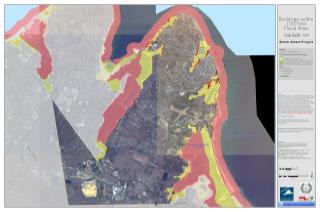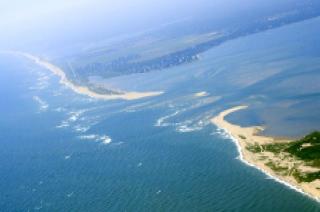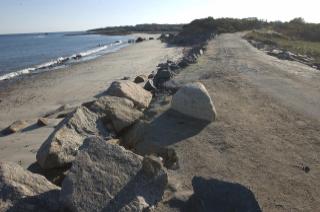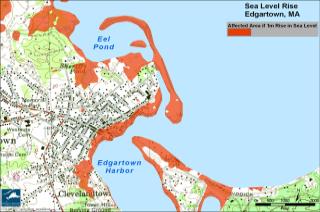Of all the various experts gathered to speak about global warming and sea level rise at last Friday’s Living on the Edge conference on Nantucket, Franklin W. Nutter, president of the Reinsurance Association of America, delivered perhaps the most disturbing message.
His insight was not related to the phenomenon itself so much as to the chances of a meaningful and concerted response. It was about politics and psychology more than environmental science.





